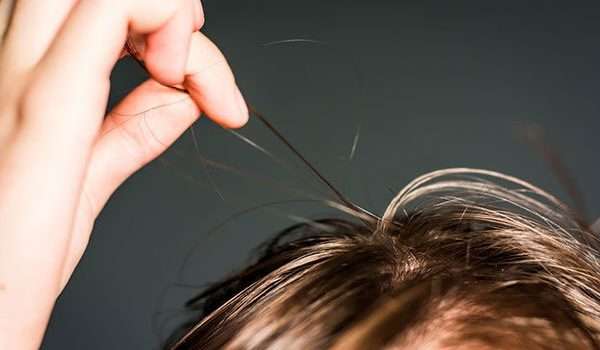Misc
What is hair pulling disorder and what are its causes?

What is hair pulling disorder and what are its causes?
What is hair pulling disorder and what are its causes?
Trichotillomania (TTM) is a type of impulse control disorder in which people with an irresistible urge to pull their hair out, and although they realize the harm they are causing themselves, often cannot control this urge.
TTM has been documented in medical studies since the 0.5th century, and community prevalence studies indicate that it is a common disorder with a point prevalence of about 2.0% to 4% in adults, in addition to being more common in females than males (1:XNUMX female: male). Childhood It was found that the sex distribution is equal.
TTM patients often have co-occurring disorders, such as nail biting (onychophagia) or skin peeling disorder.
Signs and symptoms of this disorder include:
• Feeling of pleasure or comfort after plucking hair.
Significant hair loss, for example short hair, baldness or thinning hair on the scalp or other areas of the body, and the locations may vary over time.
• Playing with the removed hair or rubbing it on the lips or face.
Also, pulling threads from blankets or dolls' hair is another sign of infection.
Trichotillomania in TTM patients:
Perceived: sufferers pull their hair on purpose to relieve stress, and some may develop elaborate rituals of hair-pulling, such as finding the perfect fit or biting the pulled hair.
• Automatic: Some people pull their hair without realizing that they are doing it.
TTM may be associated with emotions, be a way of dealing with stress, anxiety, boredom, loneliness, exhaustion, frustration, or be satisfying, and may provide a measure of relief and positive feelings.
If you can't stop pulling your hair or feel embarrassed or ashamed of your appearance as a result, see your doctor. Trichotillomania isn't just a bad habit, it's a mental health disorder, and it's unlikely to get better without treatment.
The disorder is usually diagnosed by a psychiatrist or dermatologist using various tools and rating scales.
Although researchers continue to discover new drug regimens and non-drug treatments, no single effective FDA-approved option is available for patients.





